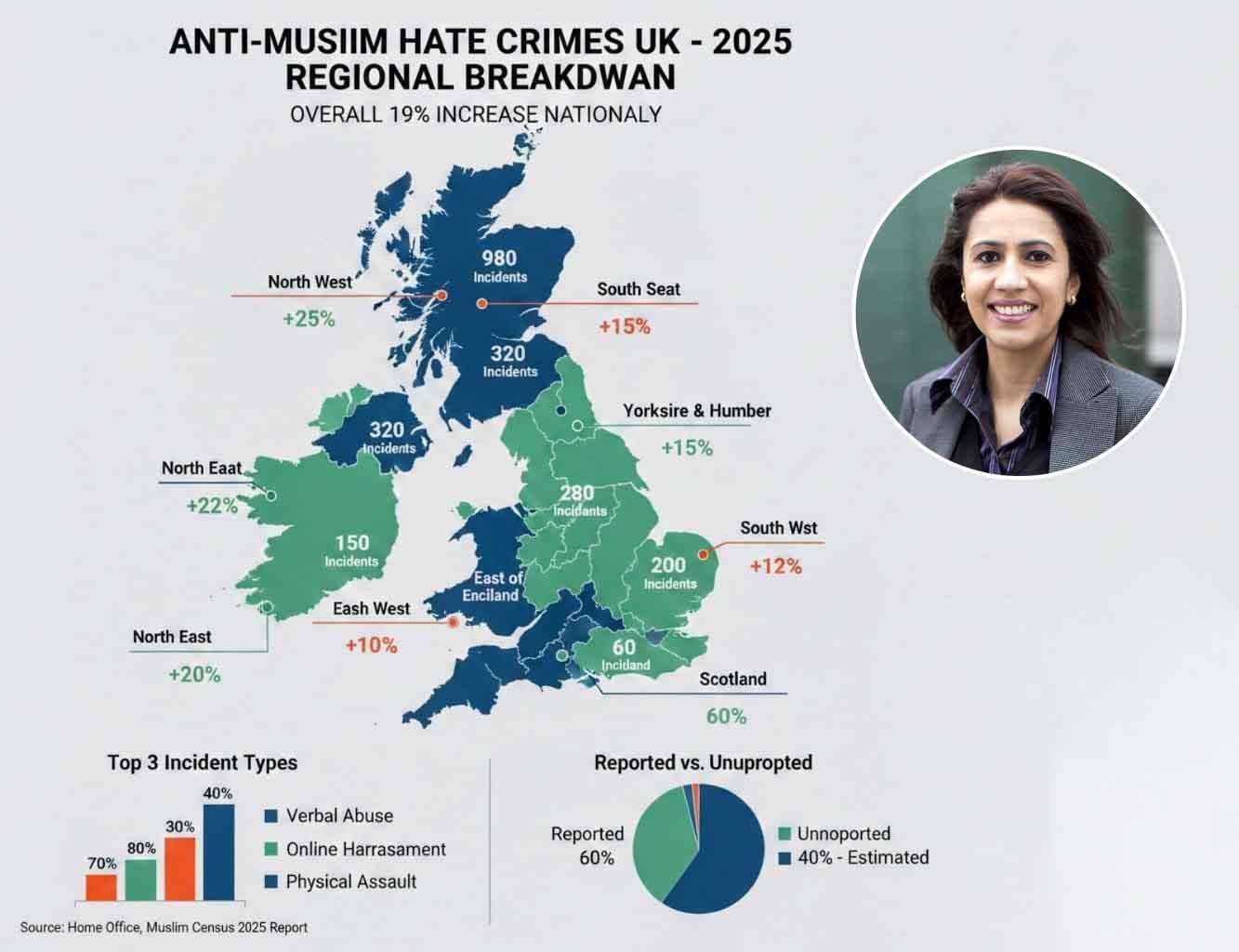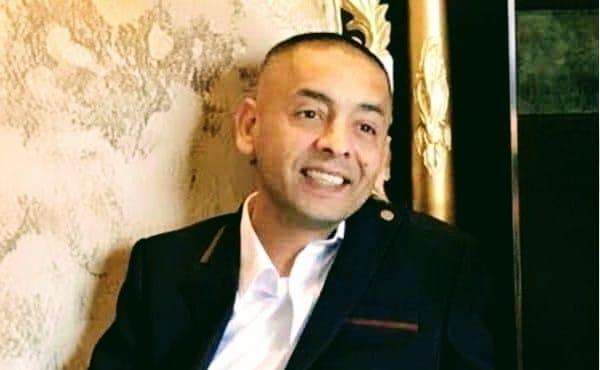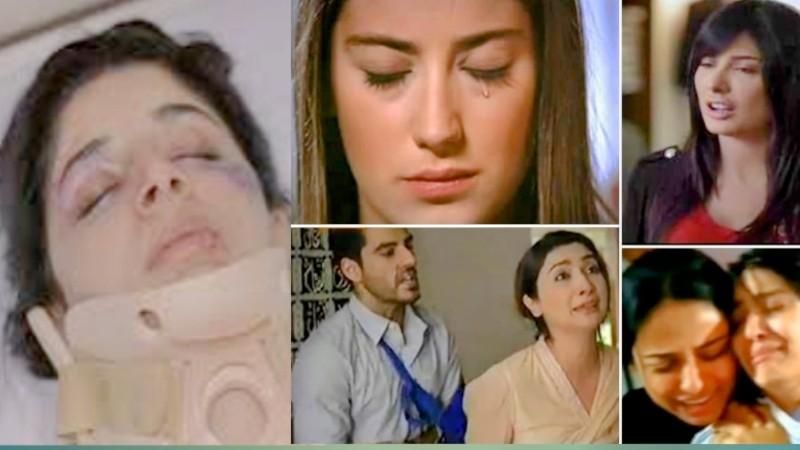It began as a storybook romance. Dr Zara (Mawra Hocane) is married to Hassan (Mohib Mirza), a wealthy, educated, and highly polished man who lives alone in his huge estate with his paternal grandmother (Azra Mansoor) and is nearly every girl's dream guy. He's attractive, affectionate, and can't wait to marry the lovely Dr. Zara. Whereas Disney taught us that creatures are ugly and awful but can transform into princes, this Pakistani drama shows how princes might be beasts ready to be unleashed.The show, written by Samira Fazal and directed by Danish Nawaz, is currently in its 21st episode, and its most recent offering by Hum TV elicited strong reactions on social media because it showed Hassan beating Zara black and blue after she insisted on not having children with a man who refuses to go to therapy.While most stories portray the 'abuser' as a violent, soulless, shameless individual, Jafaa brilliantly captures a version of the abuser who is frequently disguised in South Asian society as a 'nice' man. He apologizes profusely. In his apologies, he reveals a side of himself that is almost infantile.developed a broken sense of self.
Individuals with a broken sense of self often resort to controlling others, manipulation, and masking their true negative feelings to be ‘approved’ in the eyes of their partner or the society at large. As we see in Jafaa, this psychodrama comes into full force as Hassan becomes a troubled man who loses his cool over small matters and has nasty and almost unhinged arguments with Dr Zara at the drop of a hat over something minute.What Jafaa showcases brilliantly is that the perpetrator is not always a textbook case of abuser. You can’t see the red flags because some of these abusers are excellent at protecting their public images and hiding the deep-rooted conflicts that turns them into monsters. Mirza adeptly and craftily showcases Hasan as an otherwise loving attentive, sweet person who on a regular day couldn’t hurt a fly. But when the Mr Hyde within him loses control, he becomes a true villain.The show also points out the stigma surrounding mental health. Dr Zara, after a long and tumultuous fight with her family who are nothing but supportive of her ordeal and want her to return immediately to her parents’ house, insists that she will be able to make things work if Hassan consults a psychiatrist. Hassan deceives Zara because he doesn’t want to talk about his issues or address his problems. He lies about going to the psychiatrist which leads to Zara finally snapping. She is all ready to leave the house but in one final confrontation with Hassan, she is beaten black and blue. The episode has been viewed by almost 6 million people since it aired a few hours ago and continues to be a crucial discussion point for drama viewers across the globe.Jafaa’s brilliance, subtly and carefully crafted by Danish Nawaz and his team, is also in the contrast they have created in the character of Dr Numair (played by Usman Mukhtar) who is married to Andaleeb (Sehar Khan) an immature, heedless sort of a girl. Numair and Andaleeb come together in a dramatic circumstance and the audience is shown how Numair’s maturity, kindness and empathy helps not only Andaleeb cope with the consequences of some truly disastrous life choices but also become happier and a more accomplished person.In a conversation between Dr Numair and Hassan, as Zara lies almost lifeless in the hospital thanks to Hassan’s assault, Numair asks Hassan how an educated guy like him could hit his wife and reminds him (and everyone watching) that no man can prove he’s a man by hitting a woman. Jafaa showcases that the constant hiding of family secrets, refusing therapy, inability to process trauma and the social engineering of how a woman must sacrifice everything — from her identity to her bodily autonomy — how abusers are enabled by family members and how even education cannot save a person from a toxic, abusive relationship.








.svg)


